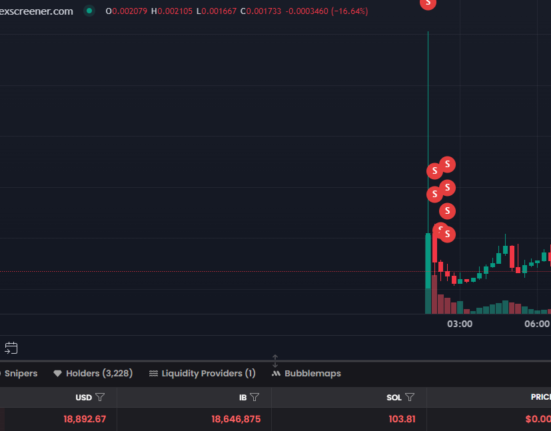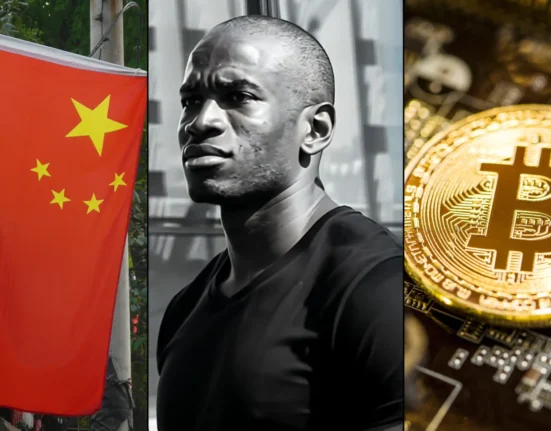[ad_1]


Tether CEO Paolo Ardoino denied reports of lawmakers investigating the major cryptocurrency company over potential violations of anti-money-laundering and sanctions laws.
The reported investigation, led by Manhattan prosecutors, focuses on whether Tether’s cryptocurrency (USDT) has been used to fund illegal activities, such as drug trafficking or terrorism, or to launder money from these activities, according to The Wall Street Journal.
At the same time, the U.S. Treasury Department is considering imposing sanctions on Tether, per WSJ.
Sanctions could prevent Americans from conducting business with the company, primarily because its cryptocurrency has allegedly been used by sanctioned individuals and groups, including Russian arms dealers and the terrorist group Hamas.
Tether CEO Paolo Ardoino vehemently denied these reports, posting on X: “As we told WSJ, there is no indication that Tether is under investigation. WSJ is regurgitating old noise. Full stop.”
Past criticisms of Tether
In September, Consumers’ Research released a report criticizing Tether, the issuer of the USDT stablecoin, for its lack of transparency and failure to conduct a full audit of its dollar reserves, despite promises dating back to 2017.
The report likened Tether’s operations to those of the collapsed FTX and raised concerns over its alleged use in circumventing international sanctions, particularly in countries like Venezuela and Russia.
Tether’s cryptocurrency, known as a stablecoin, is tied to the value of the U.S. dollar, unlike more volatile cryptocurrencies like Bitcoin. This stability makes Tether popular in regions where access to the U.S. dollar is restricted or banned.
As much as $190 billion worth of tether is traded globally each day, making it the most widely used cryptocurrency in the world.
While Tether has denied any involvement in illegal activities, the company has taken steps to prevent misuse of its currency, including partnering with firms that track transactions.
[ad_2]
Source link








